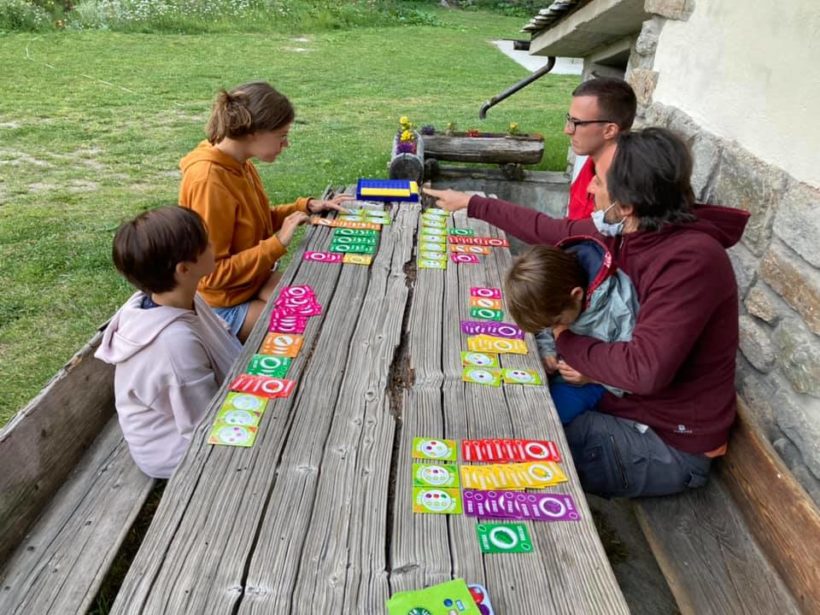One in four young people in Chile is unemployed. The fourth country with the highest youth unemployment among OECD countries. It is not that there are no job opportunities, but that young people do not have the socio-emotional skills to successfully face the work environment and that is why 70% of employers say they do not find in young people the skills they demand: collaboration, autonomy, leadership, teamwork, adaptation and promotion of change and perseverance.
In short, and not only for young people, but also for adults, how we relate to ourselves and to others determines who will be hired, who will keep their job and who will be fired.
Today, 155,000 young people in secondary technical-professional education are not receiving adequate preparation in the field of socioemotional skills, because although it is included in the curriculum as a cross-cutting area, the 6,500 education professionals who work in almost a thousand establishments do not have the necessary preparation to take on this challenge.
Teachers, those in charge of coexistence, psychosocial teams, administrative and auxiliary staff are confronted with a culture that favours learning specific subjects and does not value the socio-emotional area. This area is not an essential part of the concern of the school management or the school community. The same is true at the national level because public policy assesses specific subjects through standardised tests and does not assess social-emotional skills or employability. The reality is that there are no pedagogical tools to rely on. Many believe that a couple of lectures are enough, but that is absolutely insufficient.
Social-emotional skills are neither taught nor learned. Social-emotional skills are developed and acquired throughout the educational process in a transversal manner.
Pedagogical methodologies have been the focus of our work at Fundación Semilla. Based on our experience, the knowledge acquired through our studies and our permanent curiosity to be at the forefront, we developed the WAYNA pedagogical tool for coexistence and citizenship based on the participatory play methodology or “gaming” with which we are present in the system, but still on a small scale.
The statistics of youth unemployment and its causes, motivated us to start the process of adapting WAYNA to the work context in secondary vocational education so that, first of all, all education professionals obtain the knowledge and socio-emotional skills with a focus on working life in order to be able to pass it on to their students.
Without leaving aside technical knowledge, secondary vocational education should emphasise social-emotional education, preparing students to enter the world of work, because only then will we stop hearing that people are hired for their knowledge and fired for their lack of social-emotional skills in the workplace.












